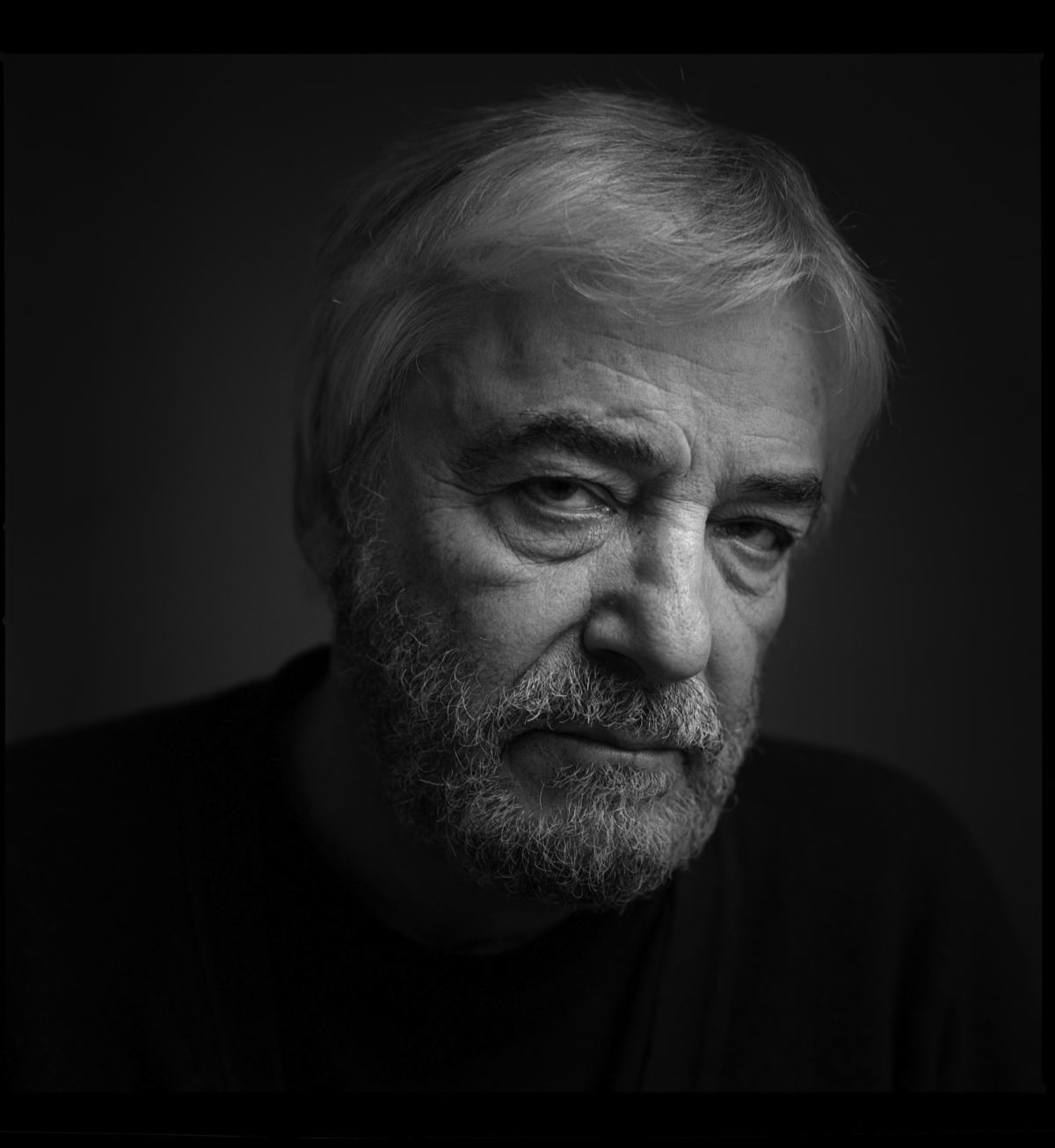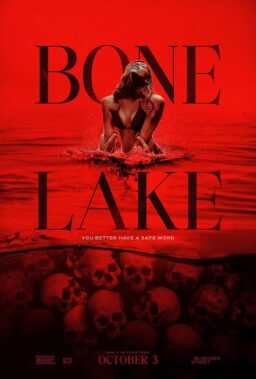The supreme troublemaker of Polish and world cinema alike, Andrzej Żuławski passed away in Warsaw yesterday, leaving behind a rich output of films and novels that’s only recently begun to be fully appreciated and rediscovered. A multilingual polymath, as well as an heir to a legendary family of Polish artists and intellectuals, this Paris-educated writer/director was a sensibility so singular as to be virtually unmatched.
The beginnings of his career are closely linked to that of another giant of Polish cinema, Andrzej Wajda, who hired the young Żuławski as an assistant director for several of his 1960s projects (most notably the mammoth Napoleonic epic “The Ashes” in 1965). After having completed two moody TV shorts of his own, Żuławski finally launched his debut feature, “The Third Part of the Night” (1971), the premiere of which truly announced a new and distinctive voice. More than any of the previous, realistic depictions of the World War II, this hypnotic vision of German-occupied Poland resembled a fervid dream, one that was equally exciting to watch as it was impossible to shake off. By focusing on the history of his own father, who survived the war by feeding his blood to lice as part of a Nazi medical experiment in vaccination, Żuławski’s film was at once deeply personal and violently symbolic, mixing dreams, visions and action into an unforgettable apparition of a film.
His controversial debut’s success was immediately followed by “The Devil” (1972), an even more daring plunge into Poland’s troubled past (this time the country’s 18th century partition by its neighbors) which got its maker kicked out of the country by communist authorities. He then continued working in France (scoring a big art-house hit in 1975 with “That Most Important Thing: Love,” starring Romy Schneider), after which he came back to his homeland to begin what became his most magnificent and blighted project: an adaptation of his great uncle’s trilogy of sci-fi novels under the title of “On the Silver Globe.” The movie got brutally nipped by the authorities mid-production as being too religiously-minded for the atheistic regime, and only got assembled together in 1987 as a stump of a movie—unfinished, chock-full of jaw-dropping visuals and a veritable precursor to Alexei German’s mirroring vision in “Hard to Be a God” (2013).
Famous for his Svengali-like powers in eliciting extreme performances from his actresses (two of whom, Małgorzata Braunek and Sophie Marceau, would also become his long-term partners and mothers of his children), Żuławski was clearly fascinated by women as beings at once more spiritual and more sensual then men, a deeply Romantic view, not in the least surprising in a director steeped in the heritage of 19th century Polish poetry and early 20th century prose. In film after film, Żuławski kept reinventing his female protagonists as mediums for the unknown and the ethereal, which is as true of Romy Schneider’s character in “That Most Important Thing: Love” and of the newcomer Iwona Petry in the much-maligned “Shaman” (1996), which combined religion, sex and cannibalism into an extreme brew even by Żuławski’s standards.
Of all those tour de force female performances, perhaps the most famous one is Isabelle Adjani’s Cannes-awarded turn in “Possession” (1981), a movie that remains Żuławski’s masterpiece and continues to radiate uncanny power (I wrote about the film for RogerEbert.com here). The story of a marriage’s break-up that morphs into a horrific male phantasmagoria of unleashed female sexuality, “Possession” contains two famous scenes that have to be seen to be believed: one of Isabelle Adjani experiencing a ritualistic fit that makes any of Linda Blair’s antics look as tame as a “Sesame Street” skit, and another depicting her character having sex with a Carlo Rambaldi-designed octopus.
Żuławski’s output in the 1980s is sadly lesser-watched, even though it features some of his strongest work. This includes the outrageously funny “Mad Love” (1985), a balletic send-up of action flicks that also marked his first collaboration with Sophie Marceau, and “Boris Godunov” (1989), one of the most original operatic adaptations ever made (the singers casually mingle with the film crew in Żuławski’s Brechtian take on the Modest Mussorgsky’s classic).
After the disastrous reception of the largely misunderstood “Shaman,” Żuławski only made two more movies, divided by 15 years of silence: “Fidelity” (2000) was a masterful adaptation of 17th century novel “La Princesse de Clèves” as transformed through a present-day setting, and the recent “Cosmos” (2015)—which I sadly haven’t seen yet—has already proven successful on the festival circuit (it won Żuławski the Best Director award at Locarno International Film Festival) and recently was picked up by an American distributor.
I had the good fortune of working with Żuławski on the English translation of one of his final scripts. Despite his fame as an iconoclast and a troublemaker, he was an extremely warm and seductive presence—an erudite conversationalist and a film buff to boot (on the one long movie talk we had, he confessed to just having watched “Hellboy II,” which in his view didn’t compare well to the first one, which he enjoyed). Thanks to the efforts of his devoted fan and sometime collaborator Daniel Bird, Żuławski’s work is now much better known and more easily accessible on DVD, and one may hope that the process of rediscovery of the Planet Żuławski will continue. His films are not the easiest or most pleasant of fare to watch. But few other filmographies offer a viewing as adventurous, or as memorable, of a great mind expressing itself in the most overpowering of mediums.












